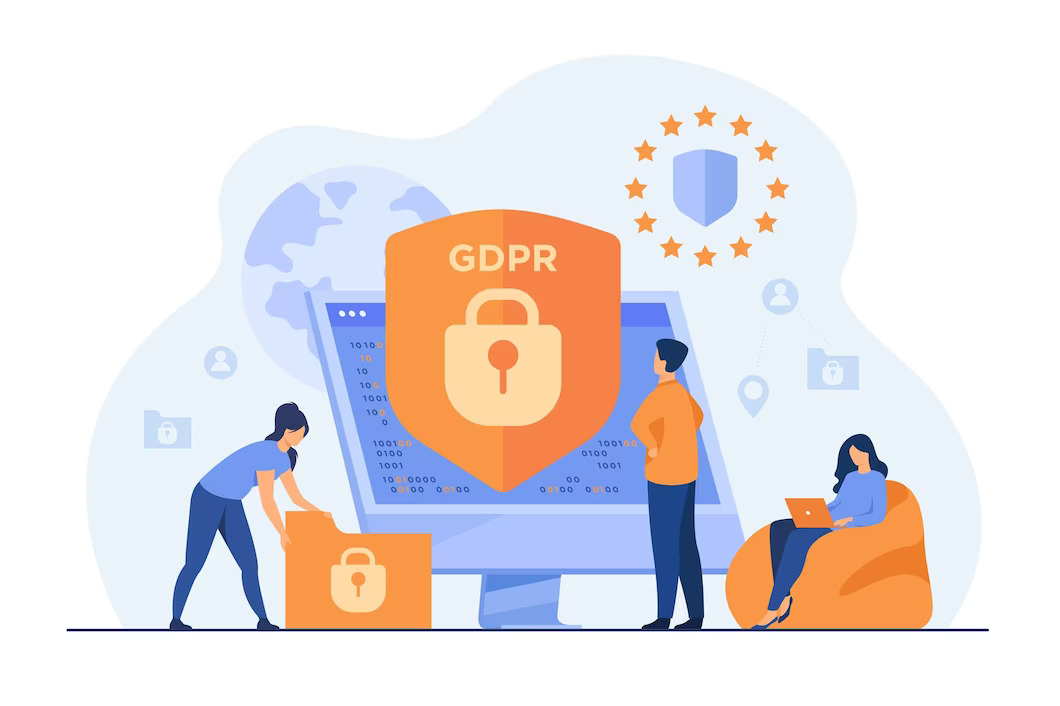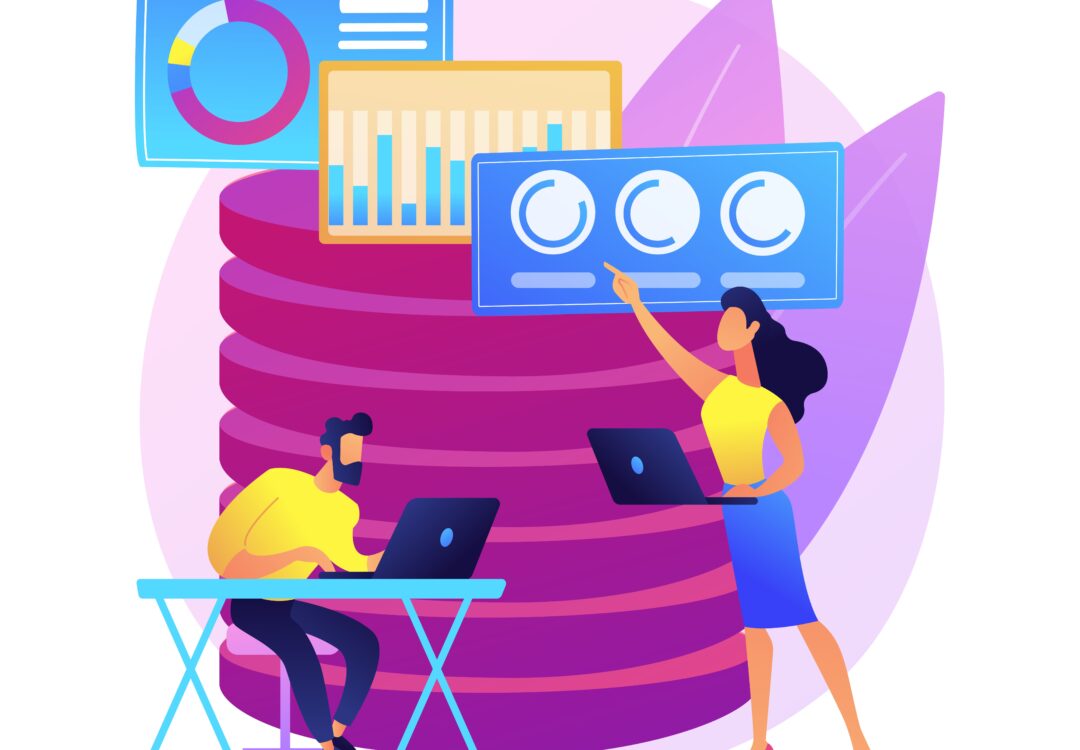Enhancing Data Privacy and Protection with Cyber Unified’s Assessment
Data Subject Access Requests (DSARs) are an essential part of international privacy laws like the General Data Protection Regulation (GDPR) and the California Consumer Privacy Act (CCPA). Because of these rules, people can access, object to, and delete their personal information. Companies must respond to DSARs within a certain amount of time, but many still have manual processes and need the technology and resources to follow the rules.
Read More



